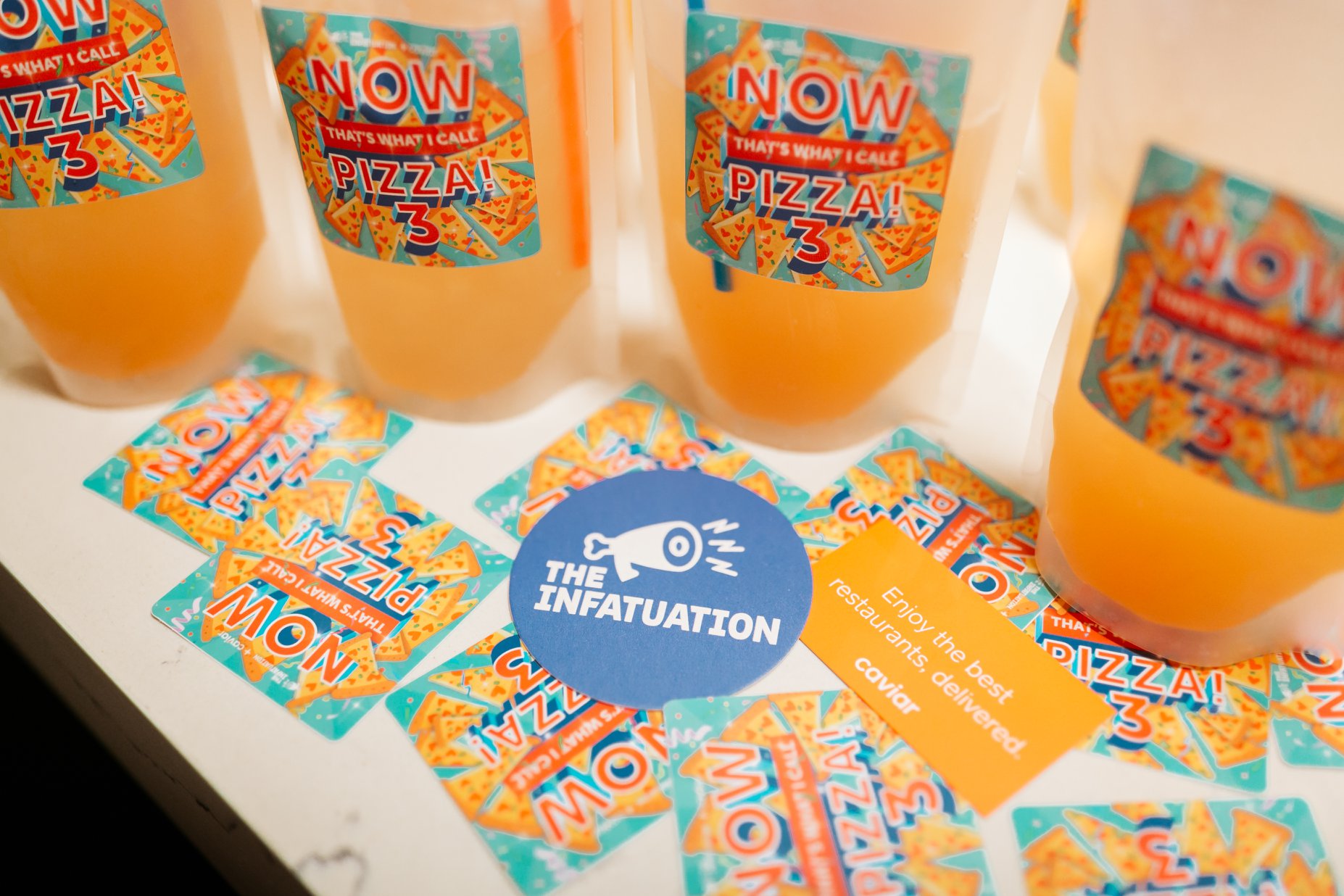Google Sells Zagat to The Infatuation

Photo Caption: The Infatuation has created a lifestyle brand surrounding its ratings and review content that includes events and a robust and interactive social media presence.
Skift Take
Most tech companies have no idea what to do about the creation and management of content. Google proved that with Zagat and other acquisitions, so it is good to see it in the hands of a content-first company.


